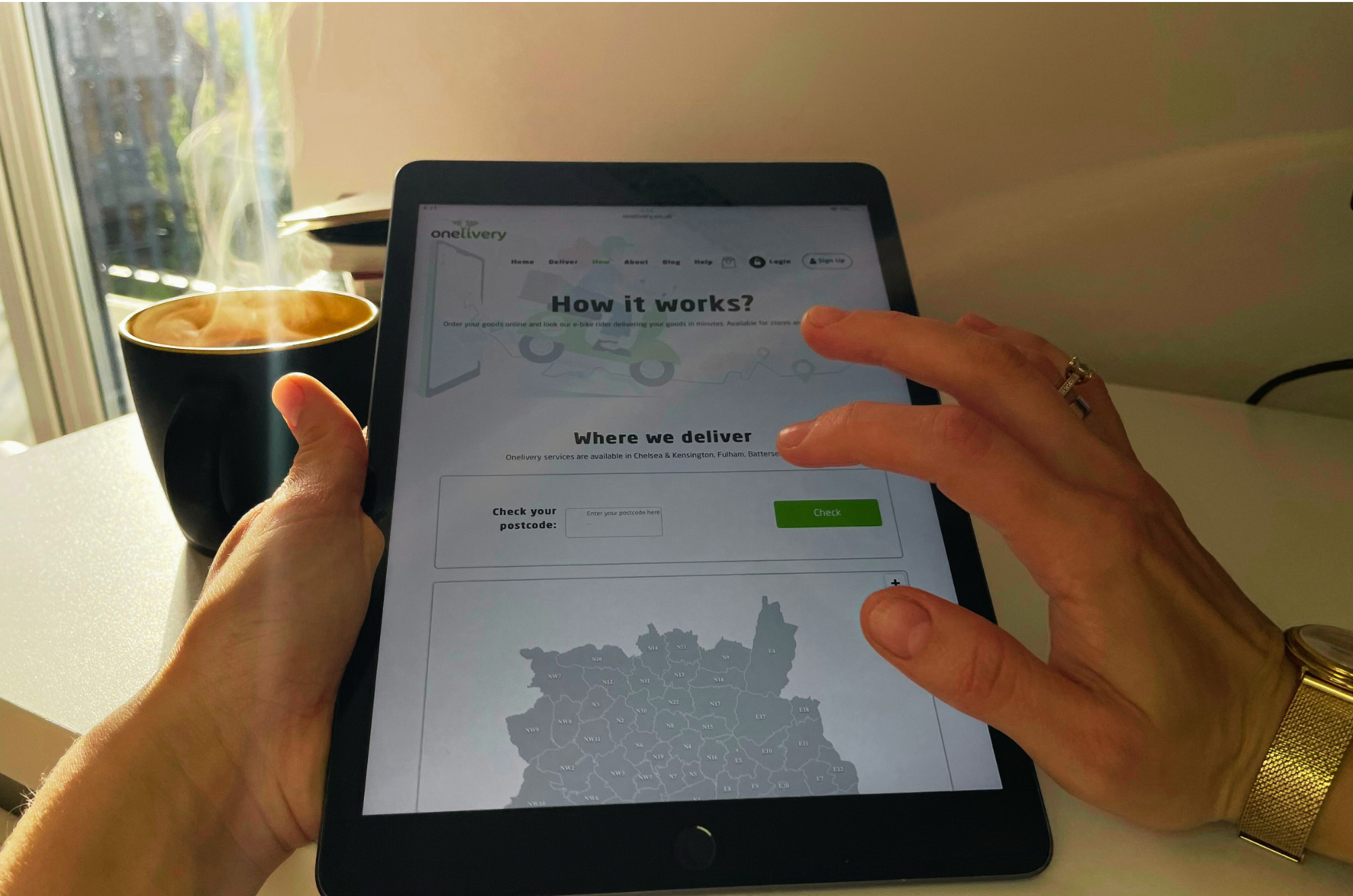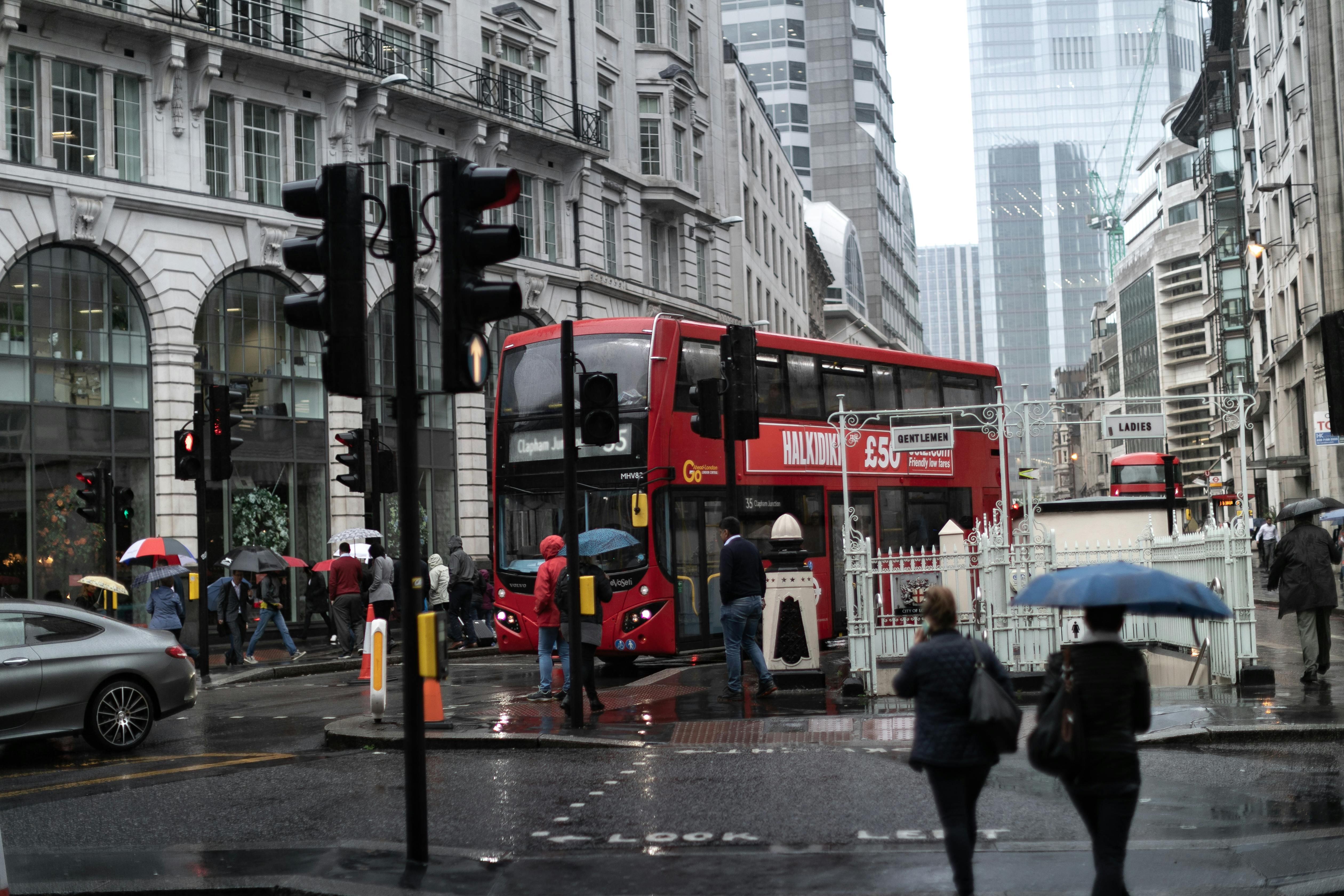Imagine a London high street free from the roar of delivery vans and the exhaust fumes clouding the air. As electric vehicles (EVs) quietly take over, high street retailers are witnessing a significant transformation—not just in how goods are delivered, but in how they align with a greener, more sustainable future.
In London’s push to reduce emissions, electric vehicles could help high street retailers cut their delivery CO2 footprint by up to 60%—a win for both businesses and the environment. This isn’t just an abstract figure. Onelivery UK knows as anyone else about it by making so valuable input in the people lives using for deliveries only EVs.
But how exactly do electric vehicles impact retailers’ delivery operations? For starters, switching to electric delivery vehicles offers several operational benefits. With EVs, running costs are significantly lower. Traditional fuel is one of the biggest expenses in fleet operations, but EVs reduce this, as electricity is cheaper than petrol or diesel. EVs also have fewer moving parts, leading to lower maintenance costs. This means that over time, retailers can save money while operating cleaner, more efficient fleets.
Additionally, electric vehicles help retailers avoid ULEZ charges, which are increasingly difficult to ignore for businesses operating in central London. These savings, combined with government incentives and grants for businesses adopting EVs, are making the switch more attractive for those looking to cut costs and enhance sustainability.
Operational flexibility also improves with electric vehicles. With growing investment in charging infrastructure, retailers have more options for keeping their fleets powered, even as they navigate city-wide restrictions on where and when petrol vehicles can operate. The quieter nature of EVs allows for more flexible delivery times, especially in areas where noise pollution is a concern.
Yet, while switching to electric vehicles sounds like a dream for cleaner air, local businesses know the reality. For many high street retailers, especially the independent ones already feeling the pinch of rising costs, the initial investment in an EV fleet can feel like just another financial burden in an already tough market. Add to that the challenge of finding a charging point in central London, and it can feel like an uphill battle. However, the long-term savings in running costs and the ability to sidestep ULEZ charges make EVs an attractive solution in the longer run.
It’s not just about keeping up with regulations, though. Londoners, particularly in areas like Hackney and Camden, are increasingly eco-conscious, and they’re paying attention to where their goods come from and how they’re delivered. Green delivery options are no longer just a bonus—they’re becoming an expectation. High street retailers who adopt electric vehicles are not only reducing their environmental impact but also tapping into a growing consumer demand for sustainable choices.
As high street retailers embrace electric vehicles, they’re making a statement about their commitment to the future. And in a city like London, where the balance between tradition and innovation is always in motion, EVs are helping to drive businesses forward—both literally and sustainably.









